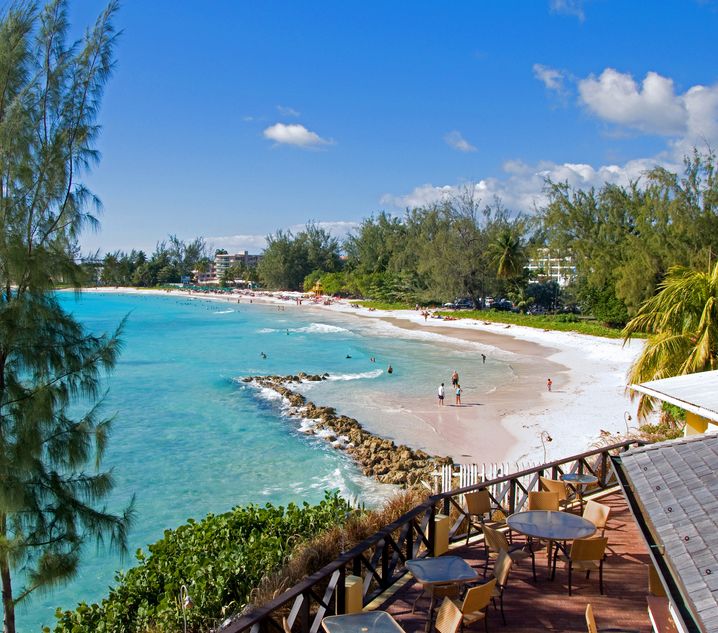Barbados completes refinancing

Barbados has become the second Caribbean country this month to complete a refinancing of some of its Eurobond debt, issuing a new US$500m 2035 8% note whose proceeds will partly pay for a tender offer at par for its US$408m 2029 6.50% bond.
The Bahamas carried out a similar exercise earlier in June, issuing a US$1.067bn 2036 bond at 8.25%, which amortises over the last three years from 2034. That followed a tender offer for US$2.21bn outstanding across six bonds, which saw a US$767m take-up.
While the Bahamian bond is larger and more liquid, it came wide to the Barbados deal because the country is not included in EM indices, said a sellside analyst.
JP Morgan and Standard Chartered ran the tender offer and new issue for Barbados, with White Oak as financial adviser. The 10-year notes were issued in 2019 after prime minister Mia Mottley’s incoming government carried out a comprehensive restructuring, including its domestic debt.
Bondholders tendered US$340m, or 83% by principal value. Barbados will pay higher interest on its new notes but the issue removes the need to pay amortisations over the next four years, reducing costs by US$370m. A US$45m amortisation payment was made on April 1.
The new 10-year notes from Barbados will start to amortise semi-annually over the last five years, from the end of 2030. The issue was 5.5 times subscribed, which saw pricing tighten over the course of the process.
Barbados is rated B2 by Moody’s, B by S&P and B+ by Fitch, generally a notch below Bahamas (B1/B+/ BB–).
Unlike the Bahamas' new issue, the Barbados bond includes a natural disaster and a pandemic clause, which would allow the country to defer payments under certain conditions. Such a deferral could be blocked by holders of at least 50% of the principal in aggregate.
The Bahamas had included similar climate-related clauses in paper from a 2024 debt-for-nature swap but had declined to do so this time.
Sebastian Espinosa, managing director at White Oak, said the fact that Barbados had priced inside the Bahamas, despite including the "pause clauses", showed that concerns about the clauses being a drawback for pricing was "unfounded".
"The first-mover problem has now been overcome," he said. "That Barbados was able to issue inside Bahamas despite being a full rating notch below suggests that the market may very well prefer the inclusion of [climate-related] clauses in the case of climate-vulnerable countries."
"Tackle maturities early"
The end of last year saw a flurry of debt-for-nature swaps by Ivory Coast, Ecuador, El Salvador as well as the two Caribbean sovereigns, before the US election in November. Some made use of backing from the Development Finance Corporation and others used support from multilateral development banks.
After funding the tender offer, the remainder of the proceeds is earmarked by Barbados to repay a facility from the International Monetary Fund that matures over the next year. That will reduce liabilities to the fund from 505% of Barbados’ quota to 395%.
A source close to Barbados said that would enable the sovereign to come out of the “exceptional access” criteria and cut surcharges and provide “some breathing room to borrow again from the fund in the future if required”.
"[It is] nice to see Barbados capitalising on a very successful IMF programme to tackle maturities early," the sellside analyst said.
The Bahamas issue also received strong demand with four times' cover. Nearly half the money, US$451m, has gone to buy back its nearest maturity, a 2028 6% note that has US$158m outstanding after the repurchase.
Both countries have seen yields on their notes fall over the past three years, at the same time as dollar rates have risen. In early April, after US president Donald Trump’s tariff announcement on "liberation day", Barbados' 2029 bond yielded 9.74%, but it has recently come in to yield 7.5% ahead of the tender.
BNP Paribas, Citigroup and Deutsche Bank were global coordinators and joint bookrunners for the Bahamas, with CIBC also joint bookrunner.





